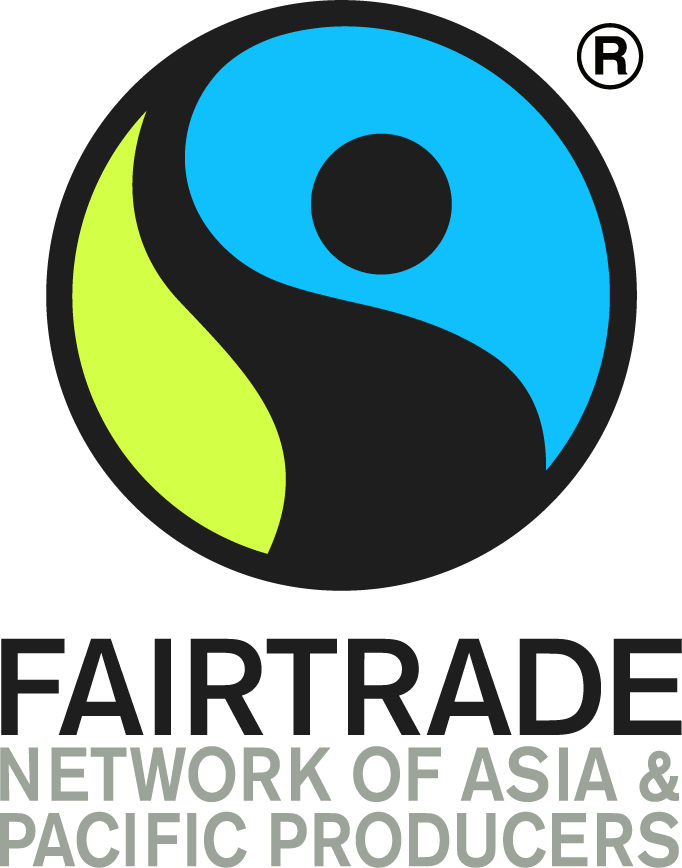Fairtrade NAPPs Strategic Engagement in the International Sustainable Conference in Turkmenistan to Foster Sustainable Agricultural Collaboration
Fairtrade NAPP took an important step in expanding its presence in Central Asia through its inaugural participation at the International Sustainable Conference held in Turkmenistan. Represented by Sarob, its regional partner in the region, this event marked the first formal introduction of Fairtrade Standards in Turkmenistan—a country with considerable potential for sustainable agriculture and future market development.


Fairtrade Network of Asia & Pacific Producers (Fairtrade NAPP) took an important step in expanding its presence in Central Asia through its inaugural participation at the International Sustainable Conference held in Turkmenistan. Represented by Sarob, its regional partner in the region, this event marked the first formal introduction of Fairtrade Standards in Turkmenistan—a country with considerable potential for sustainable agriculture and future market development.
Strategic Growth & Innovation in Action
The participation is a clear reflection of our strategic focus under Pillar II – Growth & Innovation, emphasizing the importance of retaining and expanding existing markets, delivering next-generation services, and offering tailored solutions that address the specific needs of producers.
By creating awareness of Fairtrade in Turkmenistan and strengthening our presence in the Central Asian region, we continue to broaden our impact. The initiative also aligns closely with our global and regional campaign strategies, which aim to build visibility and foster strategic partnerships through participation in non-Fairtrade organized platforms—such as international conferences, seminars, and B2B networking events. This approach enables Fairtrade NAPP to create valuable opportunities for sustainable trade and producer empowerment in previously untapped geographies.
Key Highlights & Achievements
- First Presentation of Fairtrade in Turkmenistan: Participants, many of whom were hearing about Fairtrade for the first time, gained insight into its principles and benefits, including fair pricing, ethical sourcing, and community development.
- Memorandum of Understanding Signed: A landmark MoU between Sarob and Turkmenistan authorities was signed, signaling intent to collaborate on the promotion and implementation of sustainable agriculture standards in the country.
- Business-to-Business (B2B) Networking: Meetings were held with private sector representatives who showed strong interest in aligning their operations with the Fairtrade Standards. This opens new avenues for certification and market expansion.


Immediate Impact & Future Outlook
The MoU is an immediate, tangible outcome of the event, setting the stage for future collaboration in Turkmenistan, with its vast potential in agricultural production, and the conference has catalyzed for:
- Greater visibility of Fairtrade in Central Asia,
- Future certification opportunities,
- Potential partnerships with local businesses and institutions.
Tahmina Sayfulloeva, a representative from the Non-Commercial Cooperative “Green Agriculture” in Tajikistan, shared:
“Fairtrade represents more than just a label—it is a commitment to sustainability, ethical sourcing, and long-term development. For Central Asia, where cotton is a core crop, the adoption of Fairtrade standards offers a tremendous opportunity. It empowers farmers, supports local communities, and aligns the region with global sustainability expectations.”
Looking Ahead
There are no strict timelines set post-conference; however, follow-up discussions with Turkmen stakeholders are planned to explore deeper cooperation. The conference has planted the seeds for future partnerships that could lead to Fairtrade-certified production in Turkmenistan, further expanding Fairtrade NAPP’s presence in the region.
This participation stands as a model of strategic engagement, where vision, partnership, and grassroots advocacy come together to unlock new opportunities for producers, communities, and sustainable trade in Central Asia.
